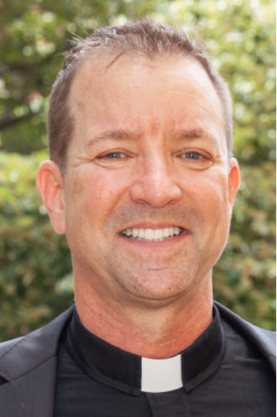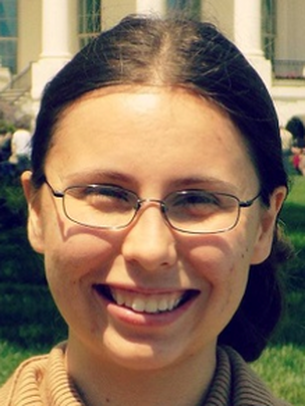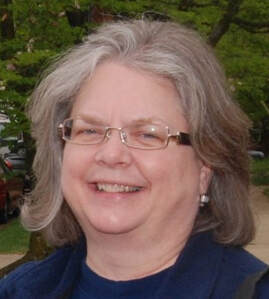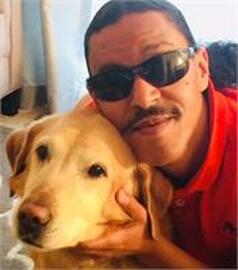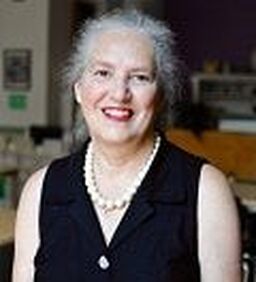Our Vestry
|
Rebecca Giles
|
Victoria Ebell
Clerk of the Vestry (non-voting member) |
Barry Walker
|
What is the Vestry?
The vestry is the parish council of lay persons, elected by other active members of the parish, who, with the rector, have responsibility for the care and control of church property and the transaction of the business of the congregation. At ASA, the Vestry is also a group that helps the rector and committees to discern and carry out the vision of where God is calling us as a congregation.
